Many organisations use the concept of Centre of Excellence (CoE) in the intervention design and testing stage of a labour migration project. CoE is an interesting concept, which links to the notion of a ‘show home’ on a building site, the Scottish Government notion of a ‘demonstration project’, or more basic the content of the suitcase of a travelling salesman in the last century. For example, currently the Scottish Government established a Gypsy/Traveller Accommodation Fund, running from 2021 to 2026, to deliver good quality local authority sites with the initial ‘demonstration projects’ providing examples of how to design more and better accommodation for the community. Whislt a previous demonstration projects in Scotland featured teenage sexual health behaviour (1-2). A ‘model home’ or a ‘show home’ is the same house as the new one you will be buying or renting, but fully decorated with often expensive stuff. This to show the seller the house’s best potential, i.e. to give you a sense of what you own home could look like.
The idea behind a CoE is that a group of people with a share aim, provide leadership, skills training, research, and advice and support on topic based on a high level of expertise among the team members to ensure best practice. It is to demonstrate that something could work and also how it might work in practice.
Professor Edwin van Teijlingen
Centre for Midwifery & Women’s Health
References:
- Tucker, J, van Teijlingen E, Philip, K, Shucksmith, J, Penney, G (2006) Health Demonstration Projects: Issues evaluating community-based health intervention programme to improve young people’s sexual health, Critical Public Health, 16(3):175-89
- Tucker, J., Fitzmaurice AE., Imamura, M., Penfold, S., Penney G, van Teijlingen E, Shucksmith J., Philip, K. (2007) Effect of national demonstration project Healthy Respect on teenage sexual health behaviour, European Journal of Public Health, 17(2): 33-41.
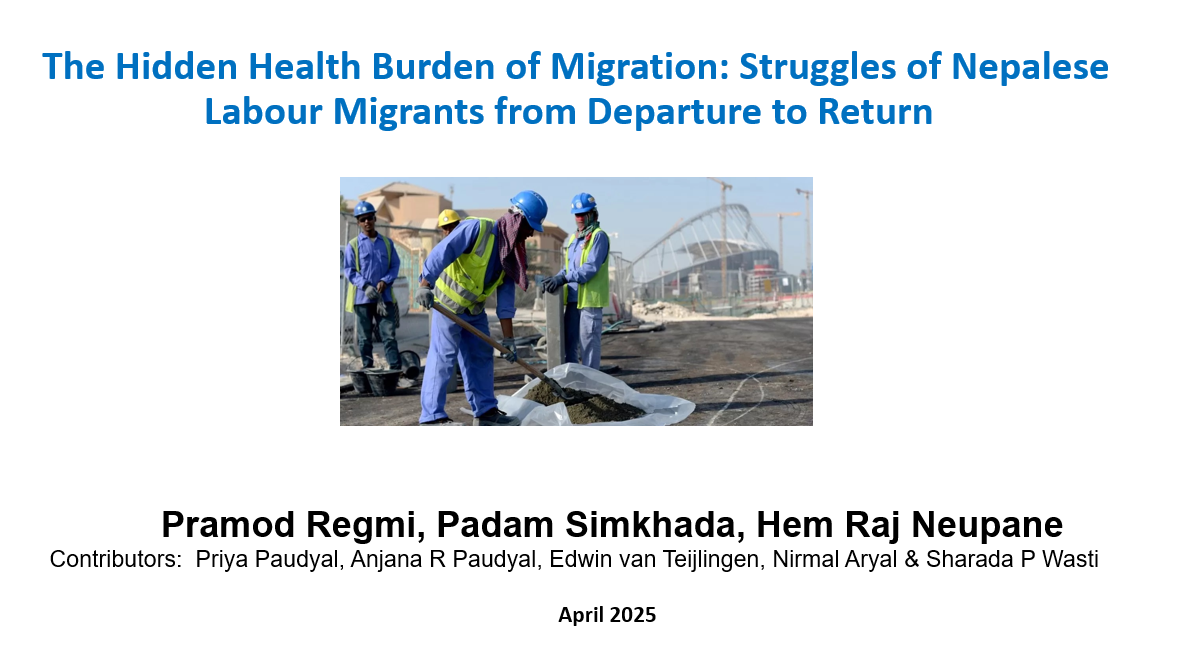


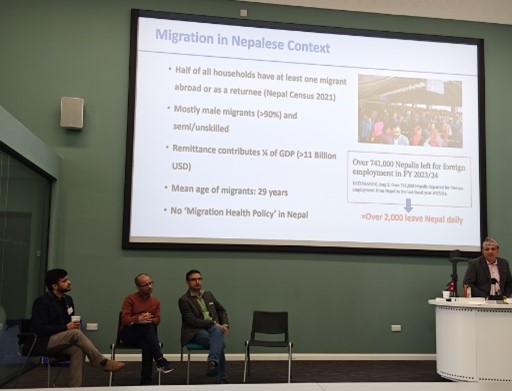



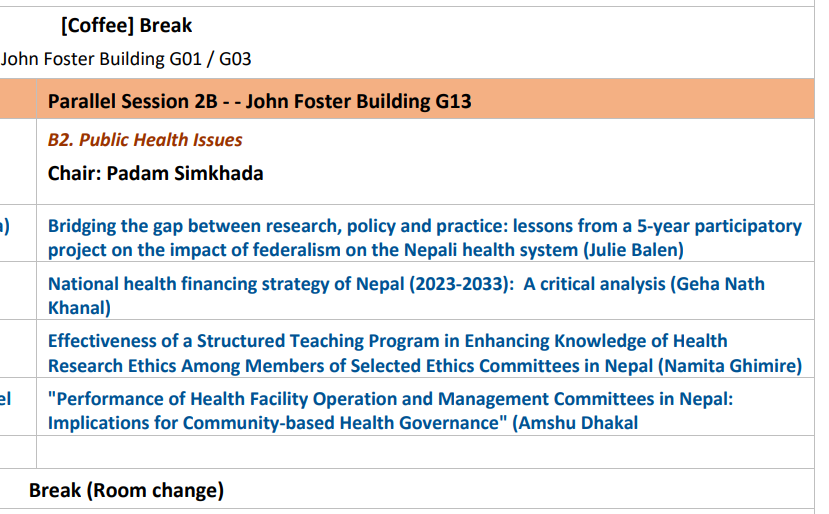
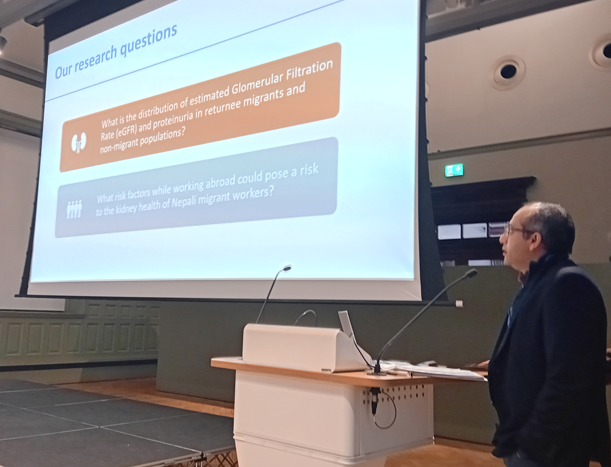
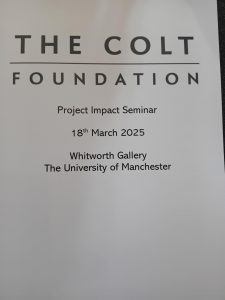
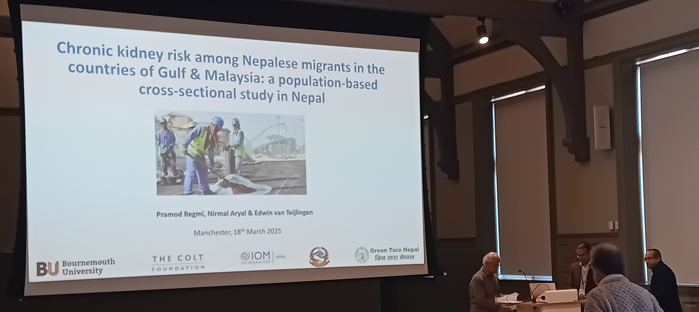

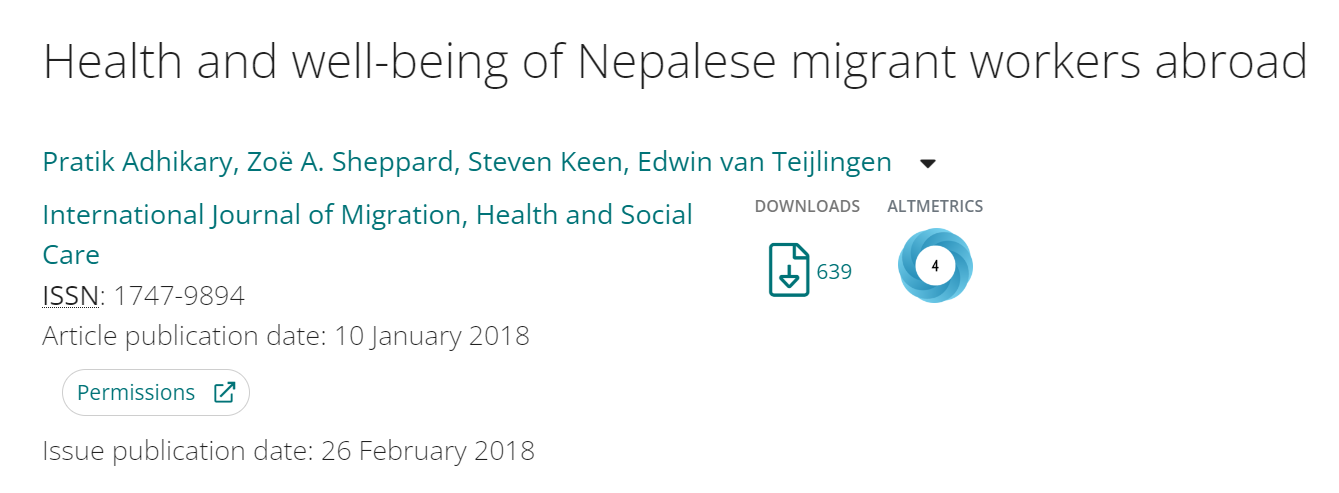
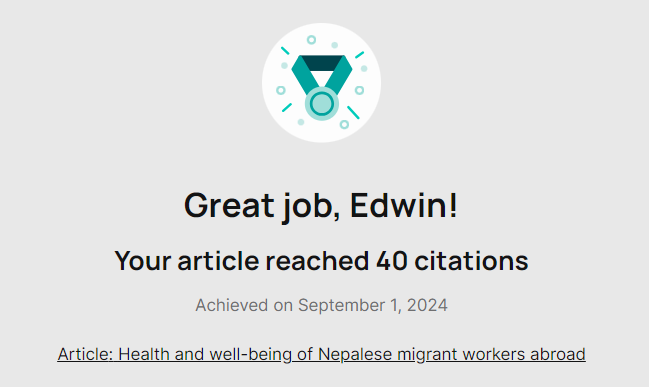
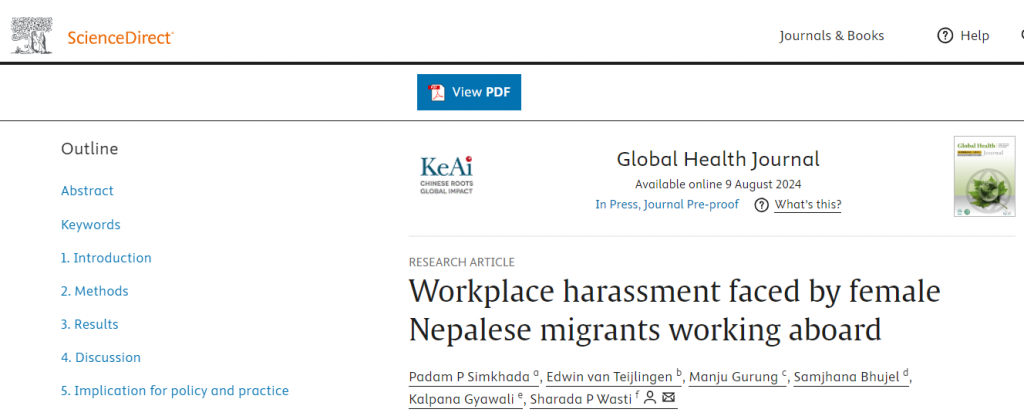
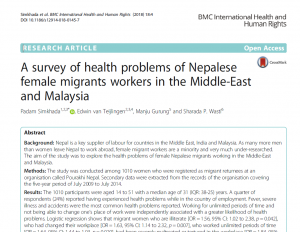
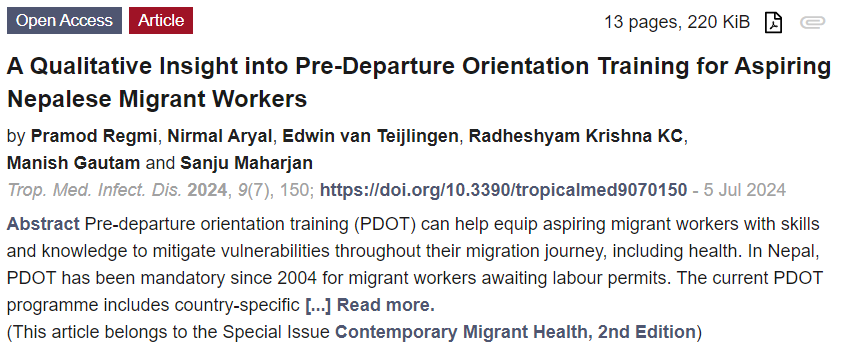
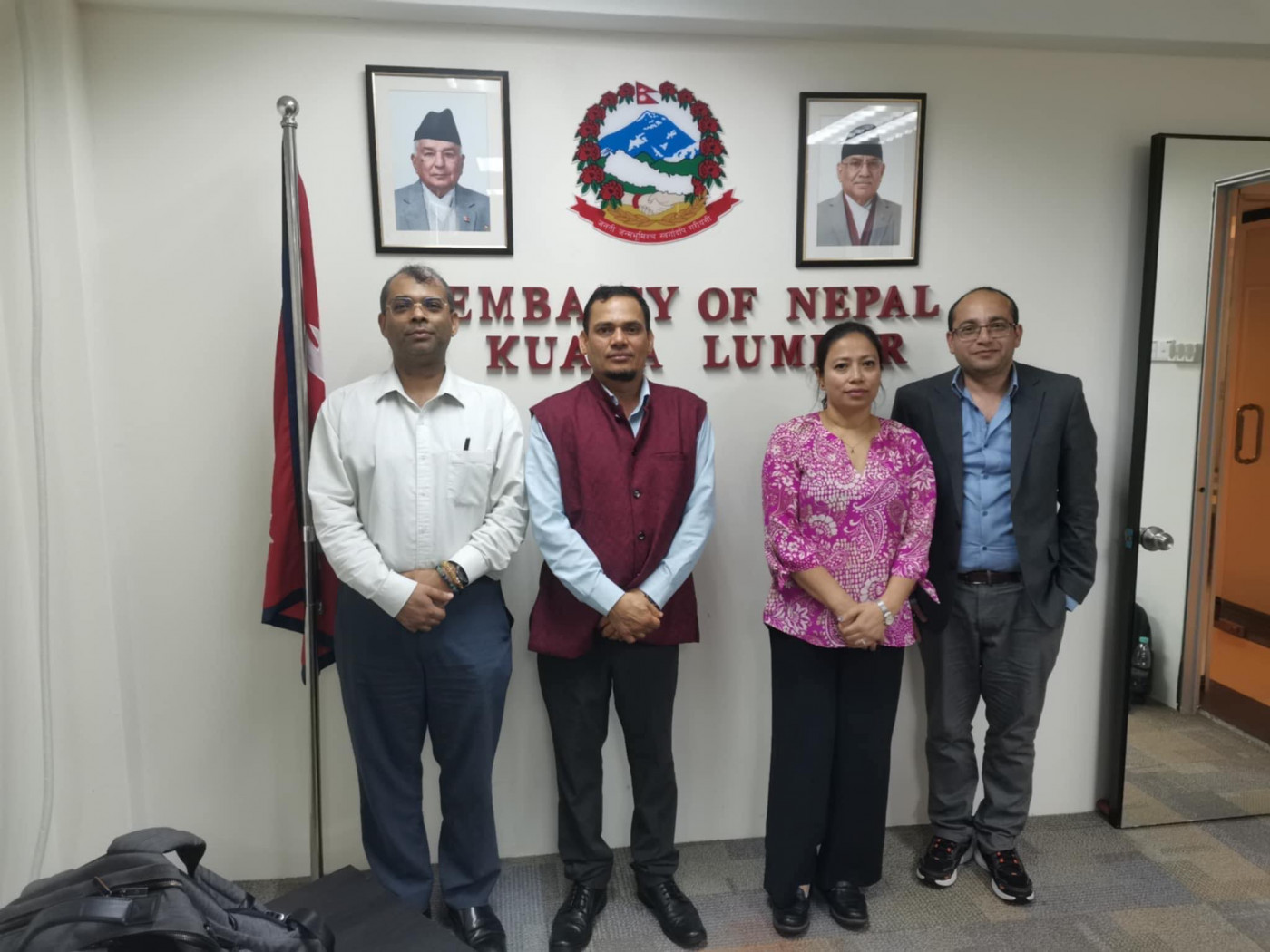
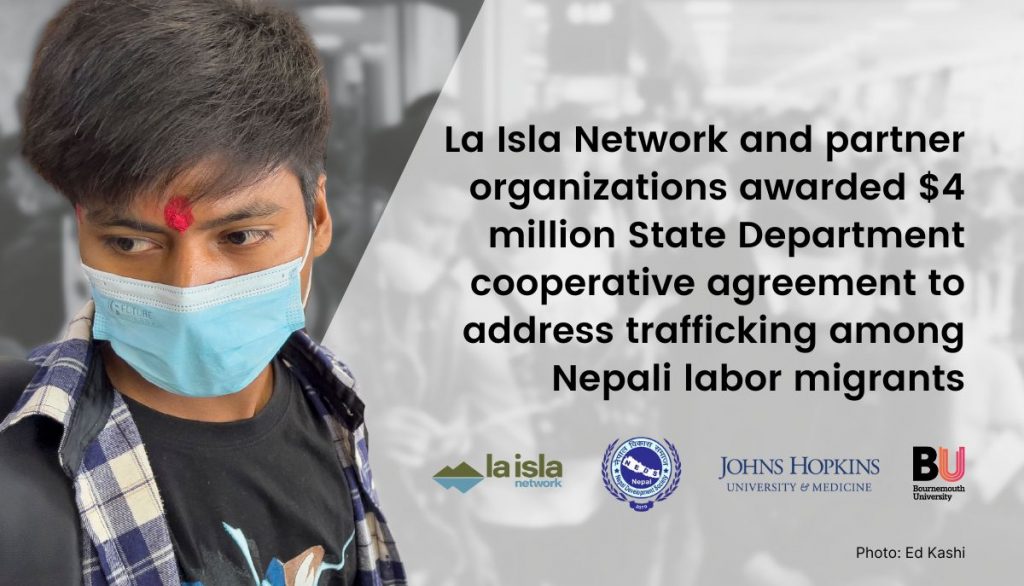

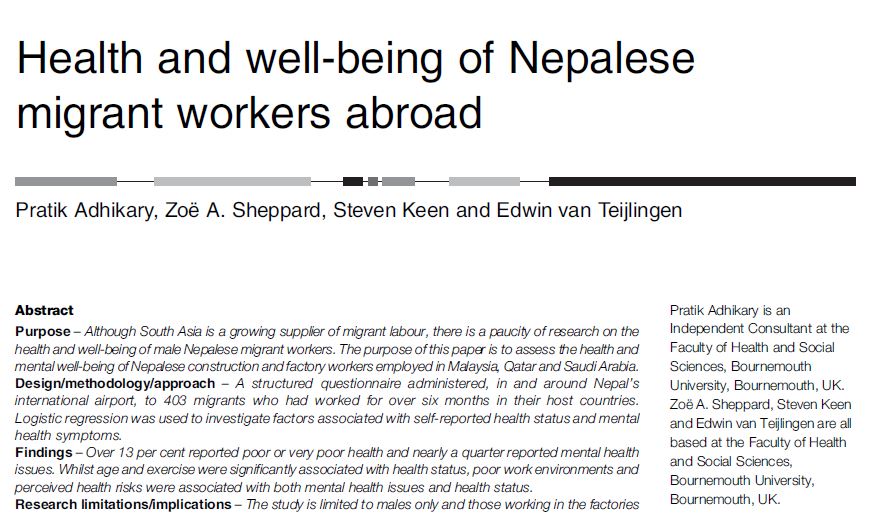


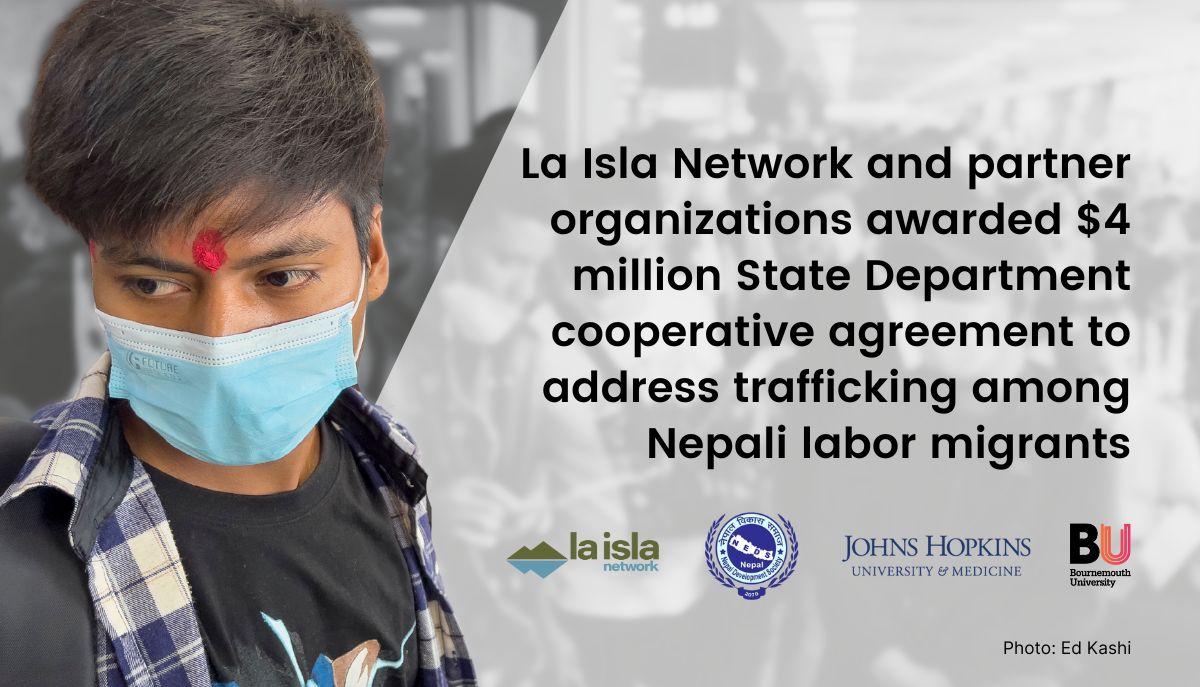
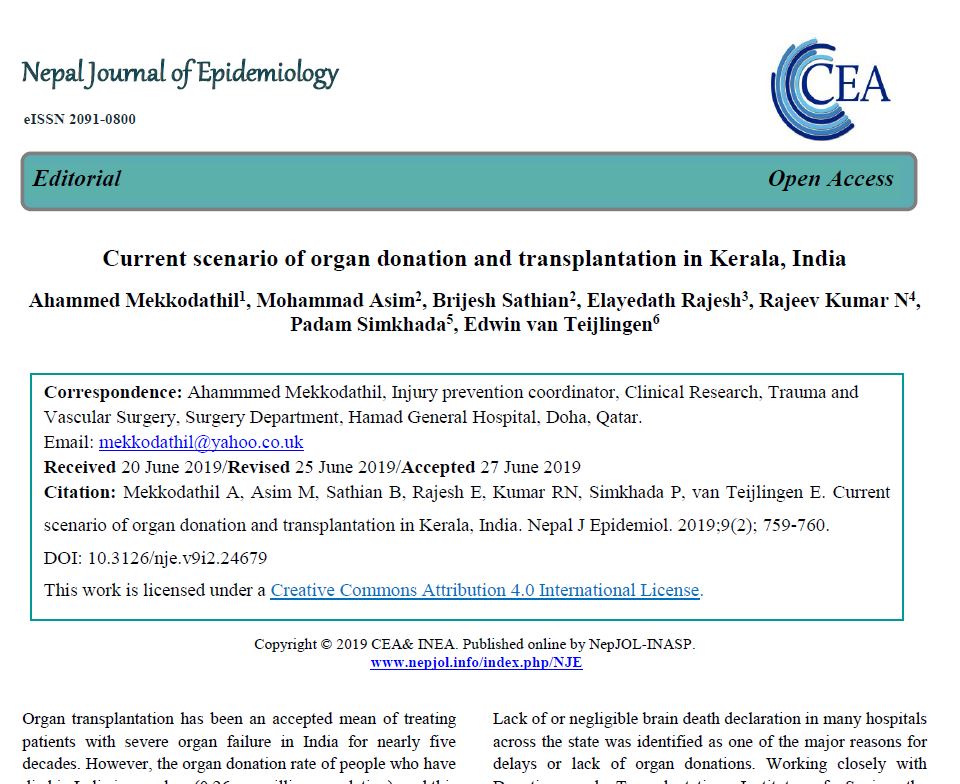
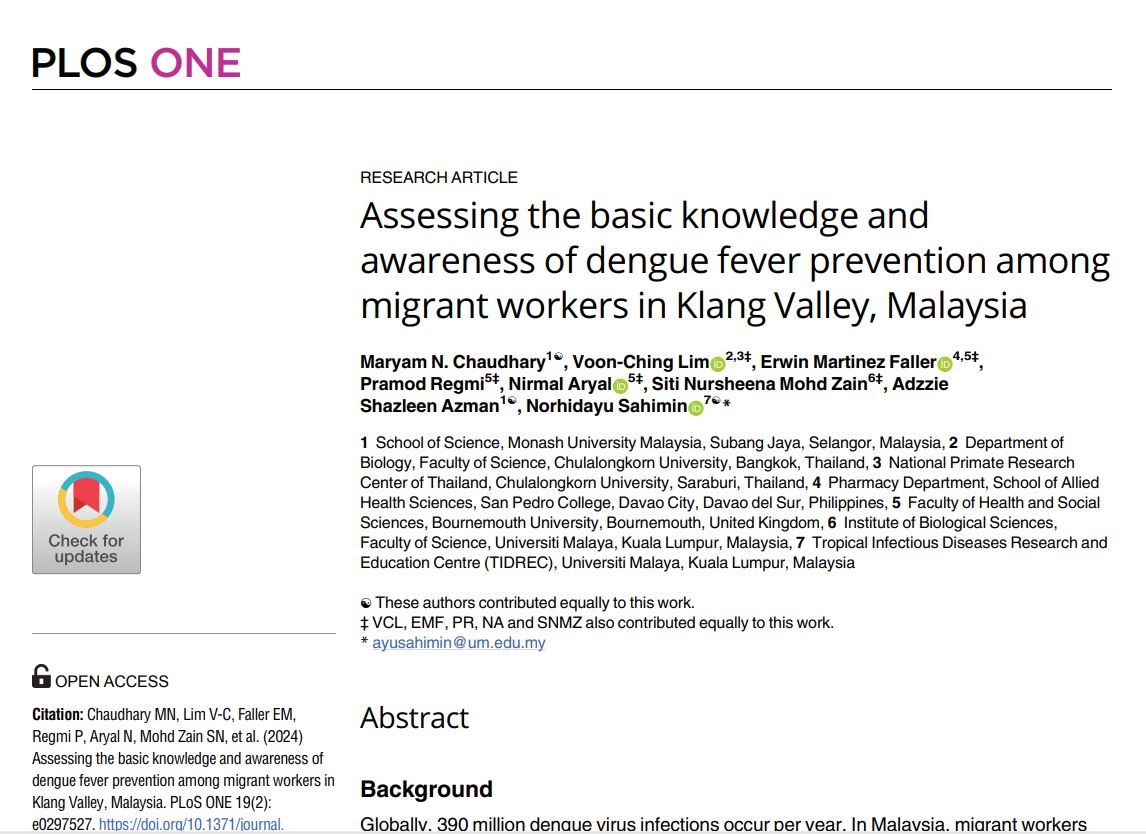
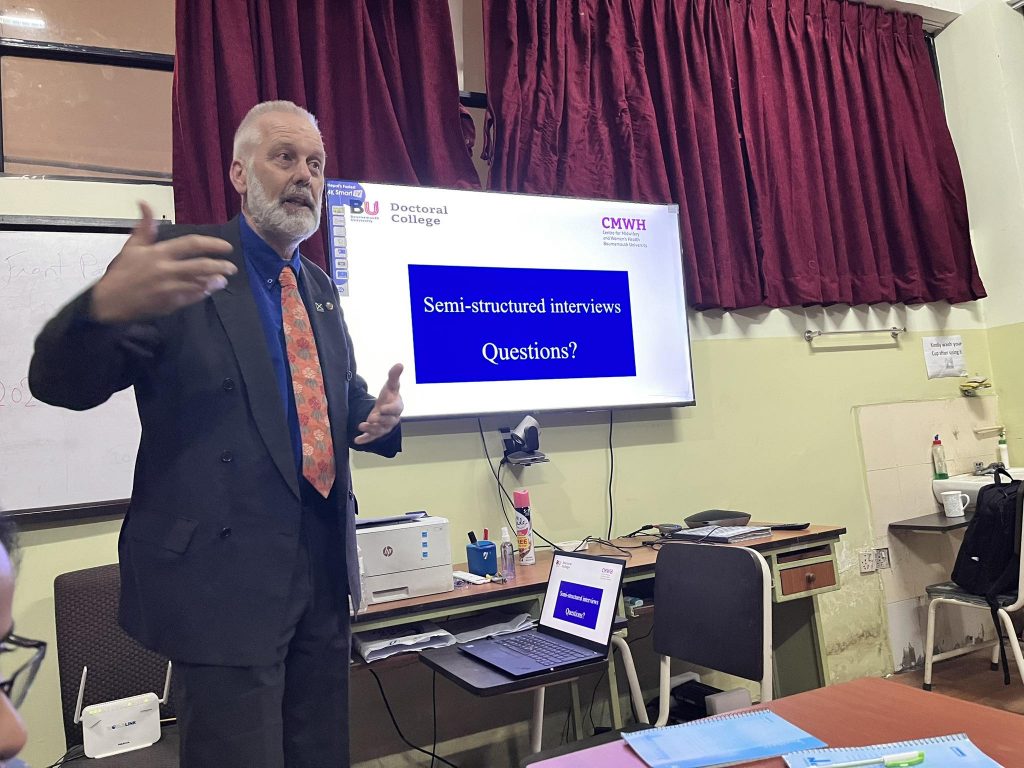
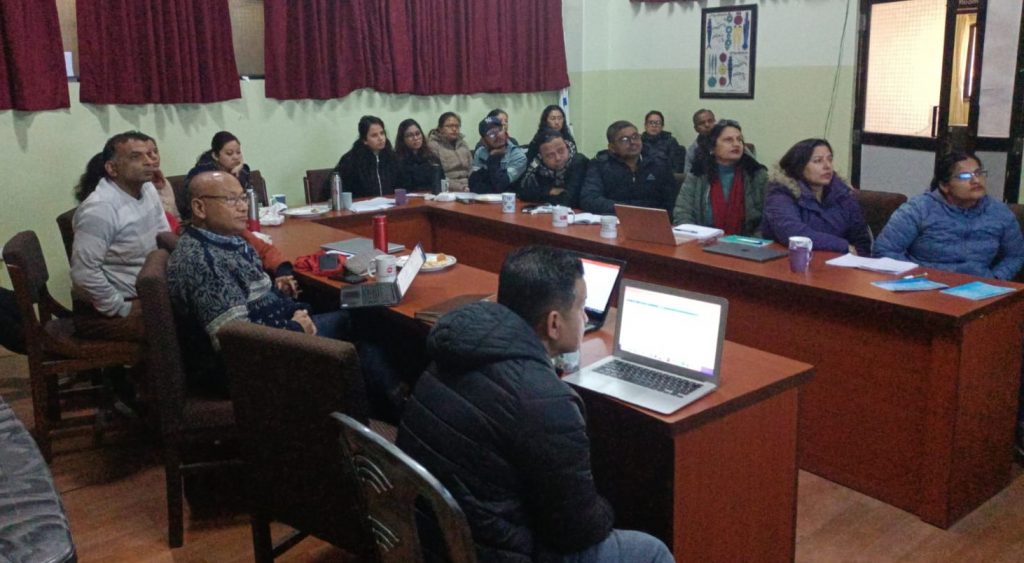

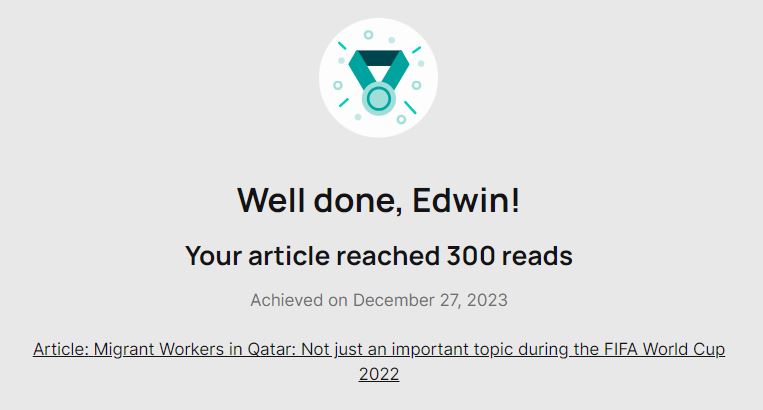
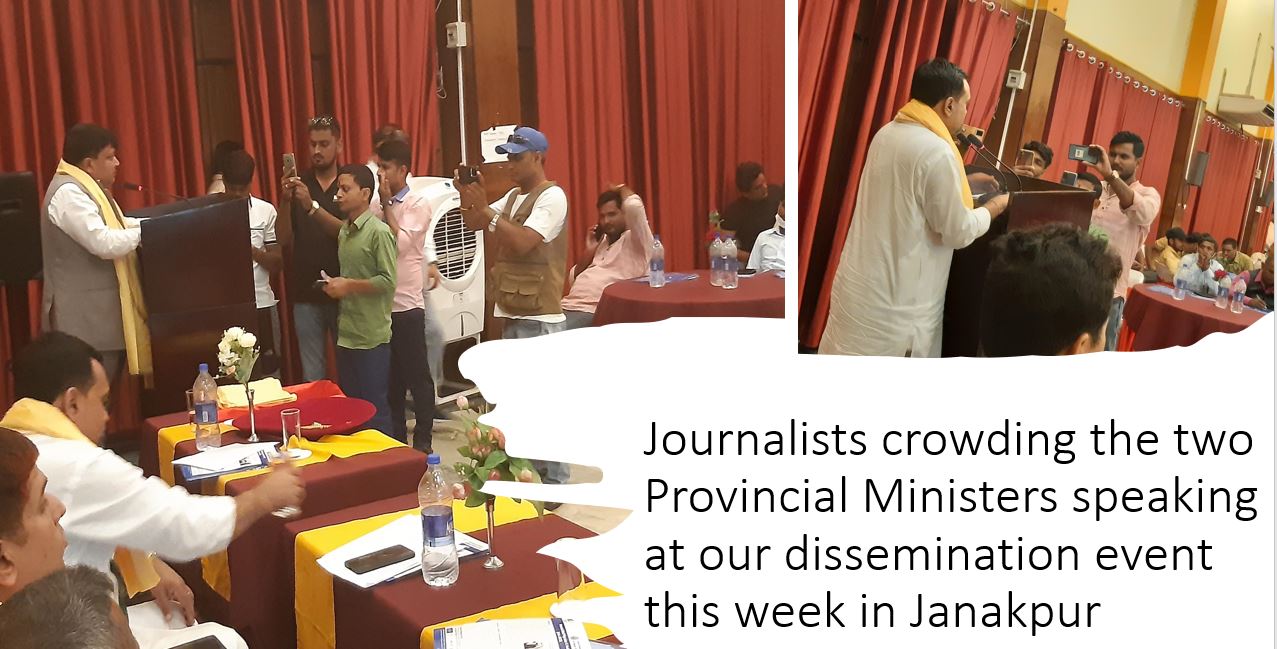
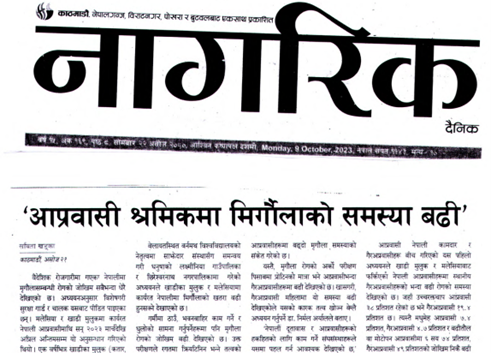

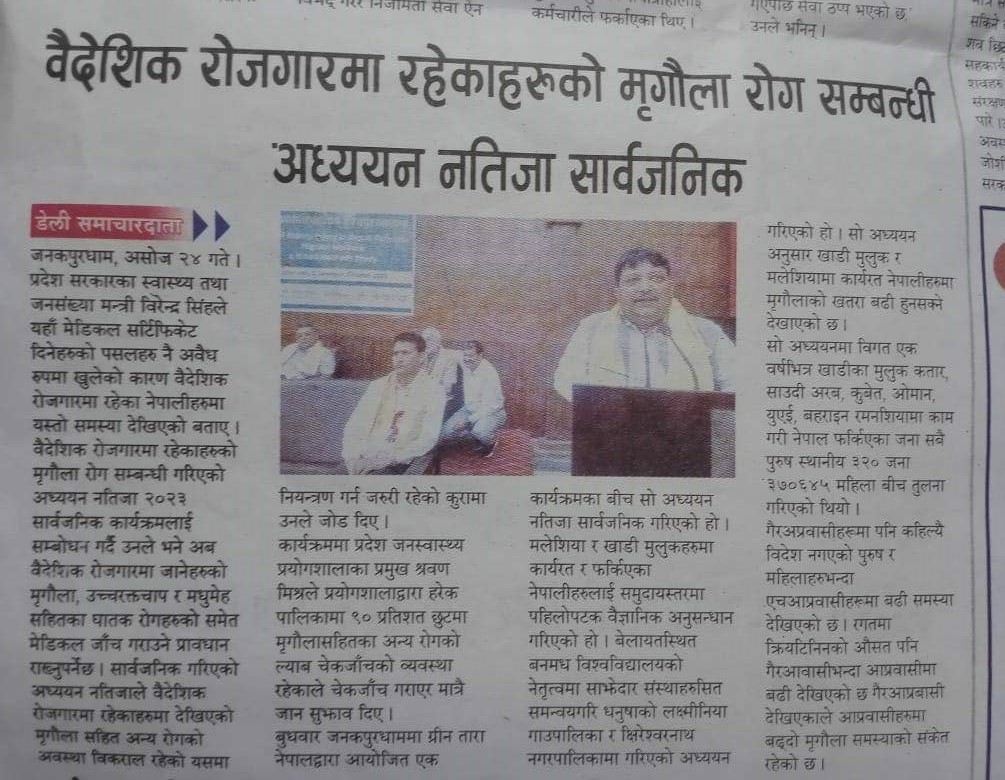
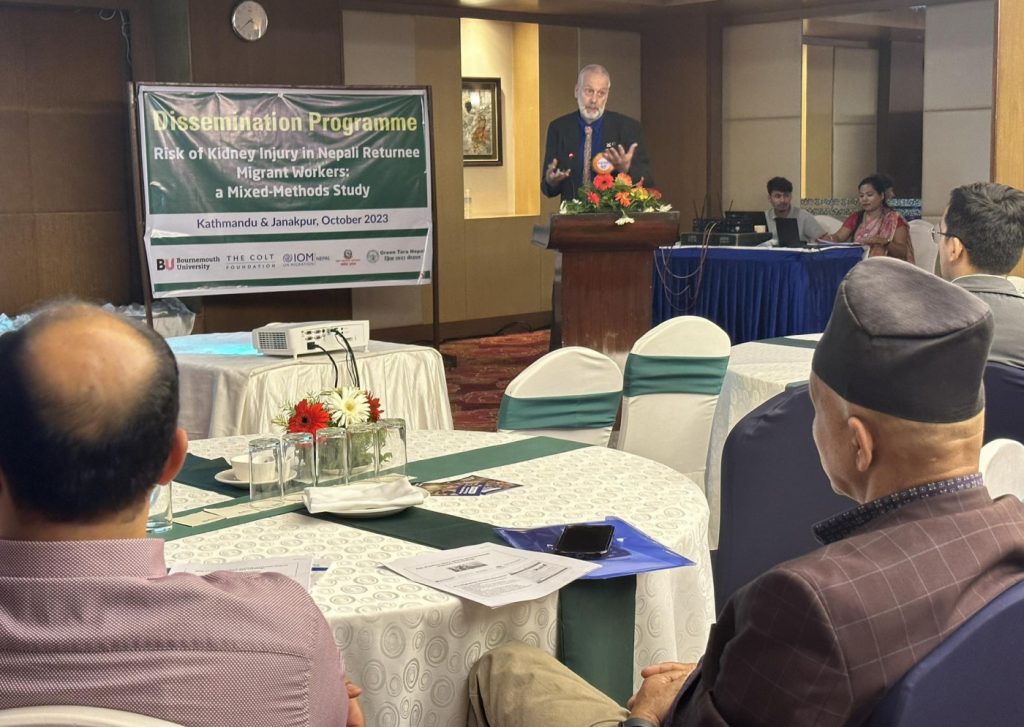
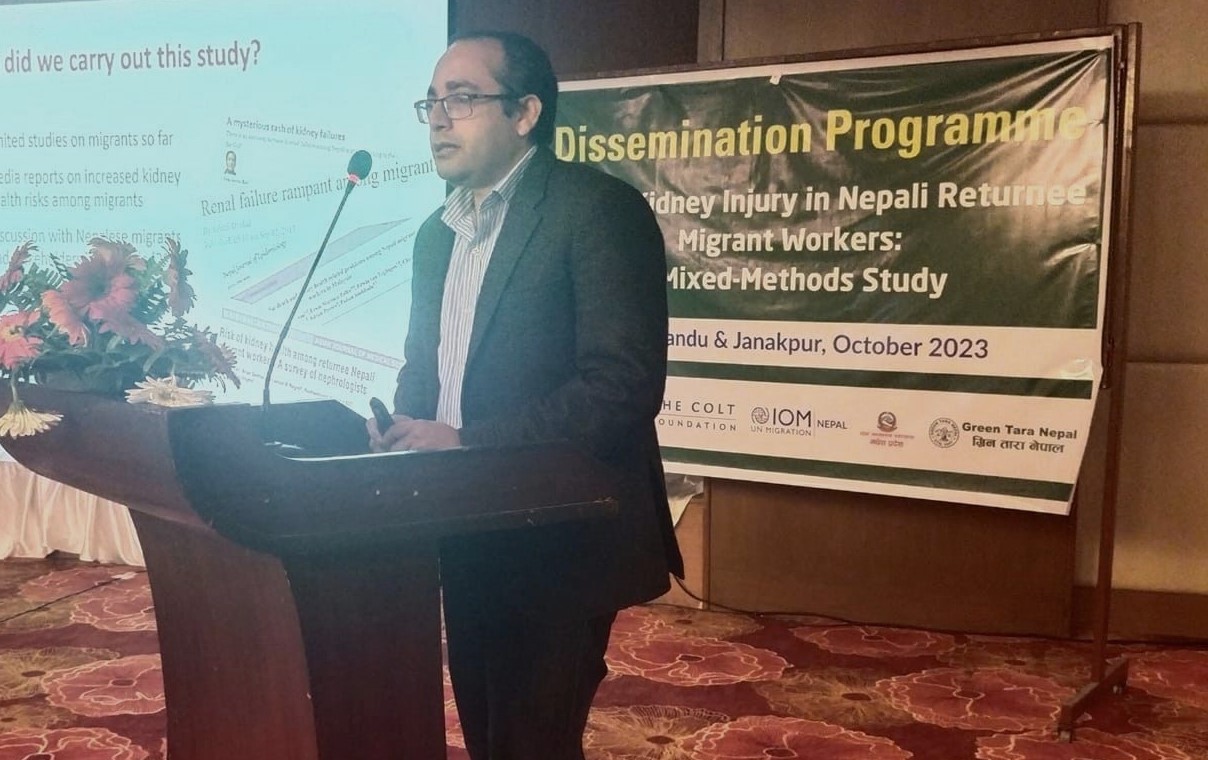

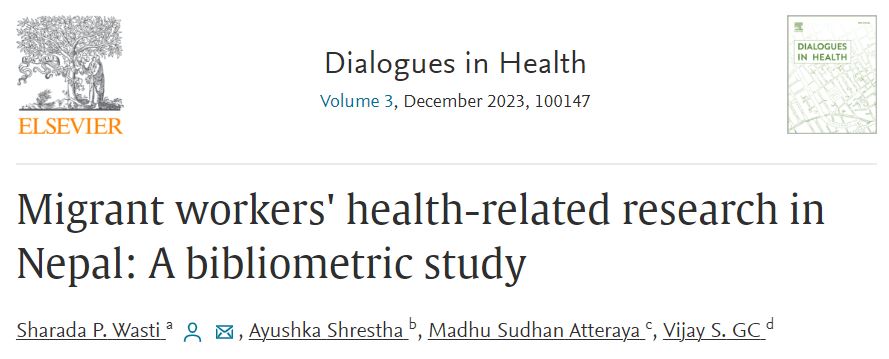
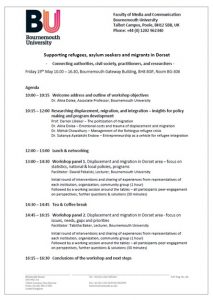











 BU attendance at third annual GCPHR meeting in June
BU attendance at third annual GCPHR meeting in June Interactive Tangible and Intangible Heritage Applications – BU student work featured in new book chapter
Interactive Tangible and Intangible Heritage Applications – BU student work featured in new book chapter Second NIHR MIHERC meeting in Bournemouth this week
Second NIHR MIHERC meeting in Bournemouth this week MSCA Postdoctoral Fellowships 2025 Call
MSCA Postdoctoral Fellowships 2025 Call ERC Advanced Grant 2025 Webinar
ERC Advanced Grant 2025 Webinar Horizon Europe Work Programme 2025 Published
Horizon Europe Work Programme 2025 Published Horizon Europe 2025 Work Programme pre-Published
Horizon Europe 2025 Work Programme pre-Published Update on UKRO services
Update on UKRO services European research project exploring use of ‘virtual twins’ to better manage metabolic associated fatty liver disease
European research project exploring use of ‘virtual twins’ to better manage metabolic associated fatty liver disease